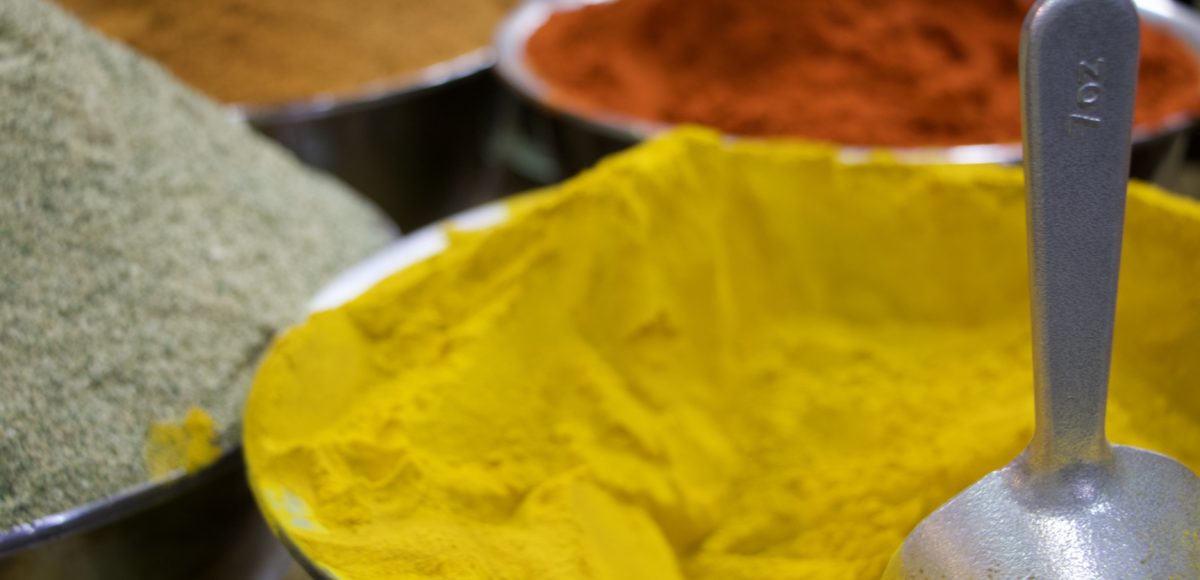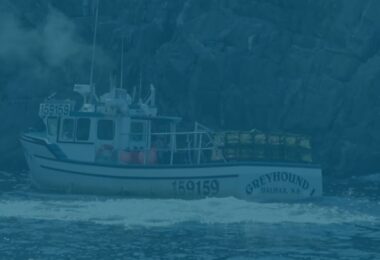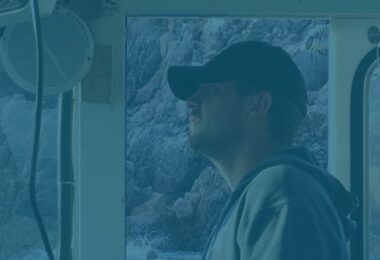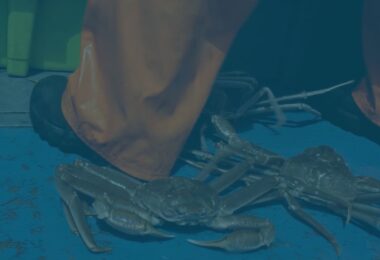(A Persian-Congolese-Afghani-Kurdish-Iraqi-American Hodgepodge Wading Cross-Cultural Waters in Houston)
I.
Southwestern sun embraced me like an old flame that’s still burning, in that warm-and-abrupt-and-disorienting sort of way. It’d been a year since we were first acquainted on a blind date at George Bush Intercontinental Airport; we fell hard and fast for each other during a week-long escapade in which I found my first love: adventure.
We parted ways bittersweetly and I returned to the East Coast in the name of academia, while Houston earnestly begged me to return and finish what we’d started, tugging my heartstrings until finally, the ache of long-distance was more than I could bear.
So, I moved in.
Ink still damp on my high school diploma, my suitcases and I set off for our summer home—a stuffy three-bedroom apartment shared with one of my childhood best friends and another dozen-or-so millennials, each drawn with a similar urgency.
We were all seasonal interns with the same nonprofit, teaching English as a second language by day and falling more in love with that grand mosaic of a city by night, sunset by sultry, pictorial sunset.
My class was full of darling women from Africa and the Middle East, refugees thrust into a concrete jungle filled with foreign sights and sounds, trying their damndest to maneuver through this new territory sans a map. Some hardly knew the phonetic basics when the term began and I didn’t fault them; none of them exactly had plans to set foot in this hemisphere, but the circumstances in theirs altered the prerogative.
So there we were—a little Persian-Congolese-Afghani-Kurdish-Iraqi-American hodgepodge wading cross-cultural waters and shoring up common ground week by week.
We mastered common greetings in one another’s native tongues and laughed at the way my Virginia drawl lilted around as-salāmu ʿalaykum, which translates to “peace be upon you,” my very favorite Arabic salutation. They learned the English translation for their favorite color; I learned the color of friendship has countless beautiful translations. They learned how to navigate an American grocery store, while I learned that I have a deep and passionate affinity for Mediterranean cuisine.
As fate would have it, the lunar calendar turned its page to Ramadan—the Islamic month of fasting—in the middle of my stay, proposing dozens of opportunities to dine with my beloved compadres, who welcomed me into their homes with open arms and a kiss on both cheeks (a cultural custom). I’d kick off my shoes at the door (another cultural custom) and promptly obey when instructed, “Sit here, Teacher Rachel,” vivifying my palette with dolma and lamb kebabs and Ceylon black tea. I’d return to my apartment and nap for hours after, full not just from my blissful gluttony, but from all the beauty I’d serendipitously stumbled upon in all the places I never guessed I’d find it.
II.
Houston was roguish like that, perpetually leading me by the hand to an array of surprises seemingly waiting around every corner as though it had been orchestrated that way all along, introducing me to beautiful stories by the handfuls—stories of grit and gusto lived out by the most remarkable humans. I was never truly expecting any of them, and I found that that’s when the magic of the city is most powerful.
I was meandering the neighborhood one afternoon in hopes of meeting some of the locals I shared a street address with. Turning a corner, I found my route obstructed by a man and his two young adult children trying in vain to shimmy an oversized sofa out of a U-Haul, up a flight of stairs and through the undersized doorway of their second-story apartment while their mother offered up maternal caution and advice in a steady flow of Arabic.
After several minutes of collective heave-hoing and pivoting, it was unanimously decided that they’d simply remove the door frame later and I should join them for refreshments in the meantime. Fortunately, I passed through the doorway with ease, crossing the threshold into the sweetest of camaraderies, the first of many afternoons just like that one (sans the sofa). Over glasses of ice-cold orange soda and a platter of shortbread cookies, we exchanged our histories, swapping answers to inquiries of the where-are-you-from, what-brings-you-to-Houston variety and stitching the first seams in a patchwork quilt of friendship.
They’d migrated to the Concrete Jungle from Egypt, where they sought refuge from the war and persecution that upended their lives in Iraq. On the receiving end of anonymous threats delivered through their telephone, my friends were afforded little choice than to flee the only home their hearts had ever known. By the time they settled in Houston, it’d been nearly a decade since their soles had touched their native soil, and it seemed unlikely that they ever would again.
We were watching the news together one afternoon as the Iraqi Civil War, still in its infancy, surged with a ferocity that seemed to bolster with every passing day. Headlines and B-roll from the heart of the havoc flooding the screen, my friends’ father broke the living room’s somber silence: “My country,” his voice soft yet heavy, an audible lamentation that I felt seep into my own heart.
I’ll never forget the sobriety of that moment, or the intimacy of it. These friends of mine (though at this point, “extended family” more aptly describes them) have lived to tell the tales of a journey I can hardly fathom. They’ve said goodbye to their homeland and helplessly watched it become a place near-unrecognizable. And staring in the face of opposition, they dared to be known as survivors rather than victims, to hold onto hope and one another when all else slipped from their grasp. You’d think they’d have become bitter, possessing every right to nurse a grudge against a world that so apparently wronged them.
Instead, they remain soft, open in both heart and hospitality, inviting unassuming strangers to sit at their table.
They’ve taught me much—valuable lessons and imparted wisdom that I hold onto like precious gemstones. It’s from them that I learned to open my own heart, to make the most of my days wherever I live them, and to never underestimate the life-altering power of a simple walk around the neighborhood.
III.
The Houston I know isn’t some insomniac metropolis flecked with skyscrapers and roadways perpetually under construction, yet seemingly unimproved (although we’ve been very well acquainted). We know one another far more intimately than that, having traded secrets and bared our souls in all their grime and glory, coming to grips with one another’s very bests and worsts.
The Houston I know is quirky, vibrant, a collection of sights and sounds and aromas scrawled into a red spiral-bound notebook and indelibly etched into my memory. The Houston I know is varnished with temples and mosques and Technicolor linens draped over balconies to dry in a matter of minutes.
Houston smells like incense and rice and beans cooking over open fires in the courtyard; it tastes like the baklava and beef shawarma at Droubi’s on the corner of Hillcroft and Evergreen; and it sounds like Bollywood music blaring from the shops in Little India and the lyrical, melancholic quaver of adhan, the Islamic call to prayer.
Houston was a sort of pilgrimage for me, a coming-of-age journey that stretched the perimeters of my comfort zone in every imaginable way, imparting powerful lessons about the inner workings of the world and myself. It was wonderfully chaotic, beautiful, and transformative.
Those are the journeys that stay with you, that (with permission or without it) change you for better or for worse, but largely for the better. Those are the journeys you find yourself musing on long after you’ve migrated to the next ones; because whether you were ready or not, they were ready for you.
It’s been nearly six years since I last felt Houston’s sultry breath upon my skin, but the flame still burns as hot as it did back then. Perhaps someday I’ll feel that familiar tug on my heartstrings, that same urgent invitation to pack my bags for one more summer fling.










No comments